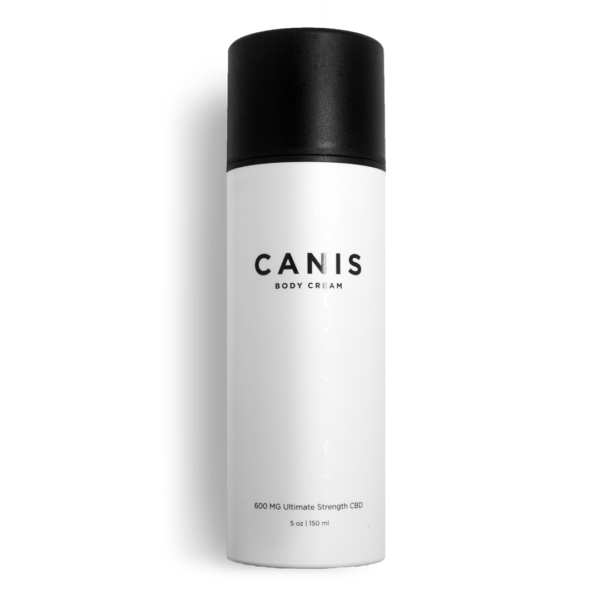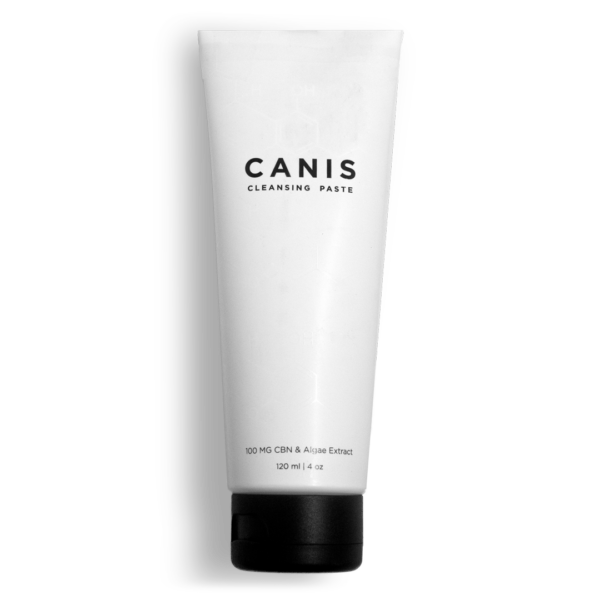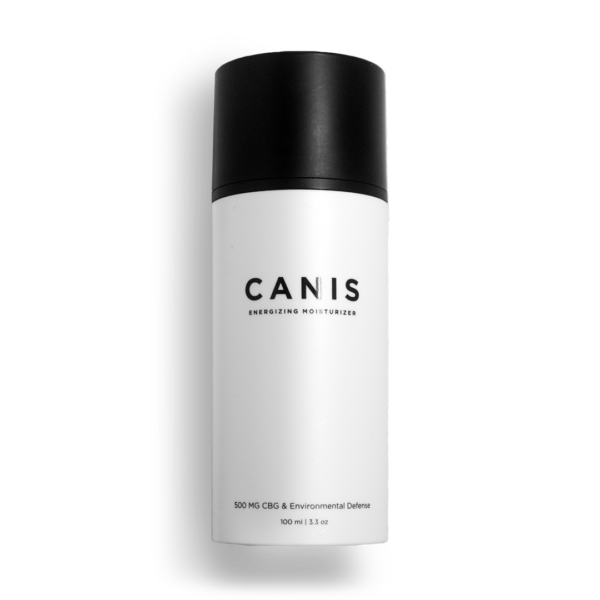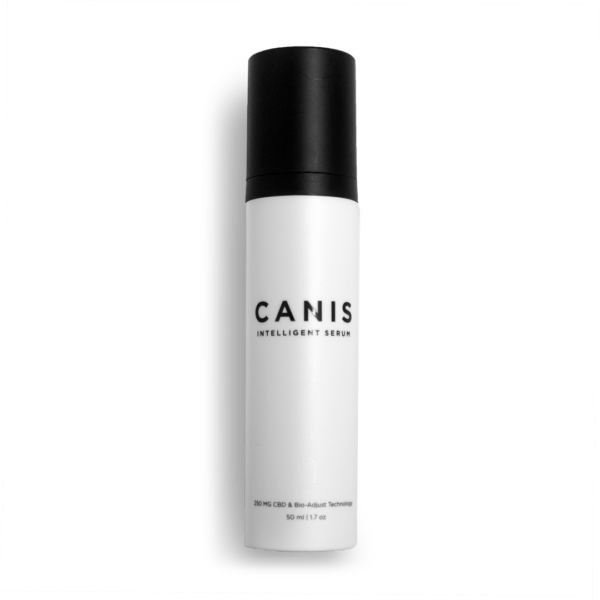Blog
How Does CBD Lotion Work? Everything You Need To Know About CBD Lotion

There’s always a topical product containing CBD to be found these days. The use of CBD in skin care applications has become quite popular, with lotions and creams, salves and serums, and even ointments all utilizing it. Is CBD lotion really beneficial?
The answer, unfortunately, is still unclear. Some people appear to benefit from them, but the jury is still out. Furthermore, it’s a buyer-beware scenario since to the influx of CBD-rich topical treatments that may or may not have everything they claim.
CBD is a chemical component of the cannabis sativa plant that has been found to have anti-inflammatory, anti-pain, and neuroprotective effects. Many people are searching for ways to optimize their health. CBD is one of the most common cannabinoids in cannabis and hemp, which can be found in everything from food, drinks, skin cream and apparel to name a few items. By definition, CBD products have a 0.3 percent or lower concentration of THC, so there will be no “high” experience.
How Does CBD Lotion Work, What Is It Used For?
Topical CBD products are extremely popular for musculoskeletal problems. According to a 2019 survey from the Arthritis Foundation, 79 percent of the 2,600 arthritis patients questioned had considered using CBD or had already used it. Of those who currently use it for arthritis symptoms, 29% said they used it as a full-spectrum product. Among users of CBD, 55% used a topical lotion applied to the joints.
That is why Eileen Donovan of Ayer, Massachusetts, uses her CBD lotion. She has osteoarthritis and suffers from chronic pain. She discovered that she was allergic to nonsteroidal anti-inflammatory medication, or NSAIDs, which prompted her to look for other pain relievers. “I’ll put it on and depart, thinking, “I don’t have any pain,” she explains. Donovan uses CBD lotion twice a day on her joints.
According to Samantha Morrison, a cannabis researcher at Glacier Wellness, a CBD firm in Cedarhurst, New York, topical CBD treatments are designed to aid individuals with eczema and psoriasis.
CBD has also shown up in a variety of cosmetics and skin-care products, according to Dr. Luis Enrique Liogier-Weyback, an urgent care and men’s wellness physician in Boca Raton, Florida, and the founder of the Mobile Medicine medical cannabis practice. A lot of products claim to improve the look and tone of your skin. Some also promise to help with wrinkles, sun damage, scars, or puffy eyes. They may even say that CBD interacts with other components in order to slow down or prevent skin aging.
Do Topical CBD Products Work?
Topical CBD products may aid with specific areas of your body’s pain or inflammation, such as the joints. The product will not enter the circulation. A topical CBD product, therefore, isn’t intended to address a systemic issue but rather to assist with immediate skin issues.
Reliable topical CBD medicines don’t just hide pain and inflammation, as some over-the-counter topical pain alleviation creams do. They can in fact cause the discomfort to go away for a period of time, according to Matthew Halpert, an immunology instructor at Baylor College of Medicine in Houston. The numerous cannabinoid receptors on the skin contribute to this. Cannabinoid receptors are part of the body’s endocannabinoid system, a body-wide system discovered in the 1990s that regulates a wide range of activities.
Cannabinoid receptors are found throughout the body and are linked to pain sensation, hunger, immunity, mood, and more. Cannabinoids are chemicals made by the body that interact with the EC system, and they bind to cannabinoid receptors in a similar manner to THC and CBD.
CBD, according to research done in collaboration with Medterra CBD in Irvine, California by Halpert and the firm, is able to decrease levels of pro-inflammatory markers such as tumor necrosis factor alpha, which are produced in excess by individuals who have diseases like rheumatoid arthritis.
In 2017, a study published in the journal Pain demonstrated that prophylactic CBD therapy prevented pain and slowed the development of more pain in rats with osteoarthritis. However, a group of international rheumatologists in an Expert Reviews and Clinical Immunology study published in 2019 stated that further research is needed on the long-term consequences of CBD and other cannabis-related treatments for rheumatological diseases.
In a small study of 20 patients published in 2019 in Clinical Therapeutics, CBD ointment used over three months for psoriasis, atopic dermatitis, and scars resulted in significant improvement of skin diseases symptoms and signs. Because of its size, this study is limited by a number of factors. For example, larger studies might help verify the findings.
CBD’s effects can also differ from person to person. Some people find it beneficial, while others do not. A few months later, a Science Reports study revealed that cannabis products with higher THC levels were linked to greater symptom alleviation among more than 3,000 patients, but CBD products (which contain no THC) were not.
Overall, more study is needed to determine how effective all CBD and cannabis-derived treatments are, according to the National Academies of Sciences, Engineering, and Medicine’s 2017 study.
If you’d like to learn more about CBD for pain, read Things to Note About Using CBD Oil For Pain on our website.
Are CBD Topical Products Legal?
Although the usage of hemp as a CBD source is now legal in all 50 states, confusion about CBD has persisted in many jurisdictions. It’s essential to contact your state’s government website to determine whether CBD is legal in your state.
CBD is not presently subject to any federal restrictions. In September, Senate Majority Leader Mitch McConnell requested the FDA provide interim guidance on how it will enforce CBD sales. For the time being, the FDA has only approved a medication for Lennox-Gastaut or Dravet syndrome epileptic seizures.
A Buyer’s Guide for Topical CBD Products
If you’re thinking of trying a CBD salve, cream, patch, or other topical product for the first time, here are some pointers to ensure you get a trustworthy and high-quality product. Customers must be very careful when purchasing CBD products, especially because the sector is largely unchecked.”
- Be wary of outrageous claims. CBD product companies are not permitted to claim that their product will treat or cure a health condition, just like other health products produced by unlicensed producers. “I’d stay away from a company that is bold enough to claim, ‘This will cure your cancer,’” Liogier-Weyback warns.
- Ask for a certificate of authenticity. Looking online or asking the firm for its certificate of authenticity is one approach to determine whether a CBD product is trustworthy. Liogier-Weyback says that this multipage document will inform you whether the product has been tested in a laboratory and, if so, how much CBD it contains and other compounds per batch or lot. An independent, third-party lab should do the analysis.
- Know what you want to buy in advance. You may not get what you paid for if you make an impulsive CBD cream or other topical product purchase. In a study conducted by Liogier-Weyback et al., which was published in the Miami Journal of International Law, a third of CBD items they acquired in South Florida did not include any CBD. “You have examples of people spending $150 or $200 on a tiny vial of canola oil.”
- Talk to your doctor in advance. It’s always a good idea to consult with your doctor before utilizing CBD products, but it’s especially crucial if you have an underlying ailment that necessitates you to take medicine on a regular basis. CBD can interact with other medicines you take, which is why this is a more major concern for CBD absorbed rather than topical CBD. According to Halpert, 66% of respondents in the Arthritis Foundation’s study had discussed CBD with their doctor.
- Read the label carefully. First, double-check to see whether you’re allergic to any of the other components in the topical product. (No cases have been reported in medical literature of CBD allergy, according to Liogier-Weyback.) Second, there may be other factors to consider, such as cruelty- and paraben-free, American-made and no GMOs, Morrison says.
- Isolate or full spectrum? A few more details on this subject: you should look for whether the CBD in the product is an isolate or a full spectrum. “This is significant because isolates generally need to be given in significantly larger doses to be effective,” Morrison adds. “On the other hand, full-spectrum CBD is typically more beneficial and efficient at much lower dosages.”
- How often? The expiration date also indicates how often to apply the topical solution, according to Jay Hartenbach, CEO of Medterra CBD. Customers of his firm usually use its topical medicines every four to six hours.
- Watch for side effects (not necessarily from CBD). There are no reported adverse effects associated with topical CBD products. Another component in the product, on the other hand, might irritate you. “The uncommon CBD side effects are typically caused by ingestibles, not topicals,” Morrison adds. According to Halpert, no negative effects have been reported in the Medterra topical studies.






